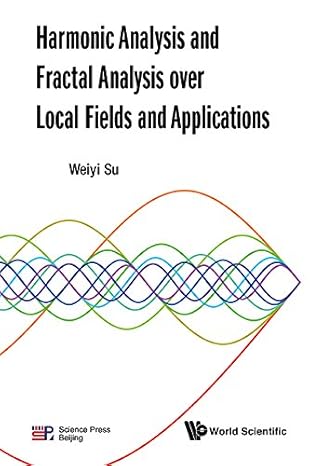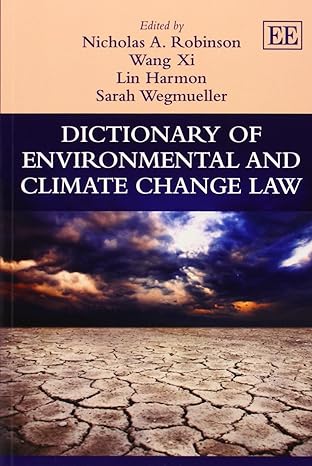Soil degradation is a widespread problem in Africa resulting in decreased agricultural productivity while demand for food continues to increase. Degradation is caused by accelerated erosion, acidification, contamination, depletion of soil organic matter and plant nutrients, and salinization. The major cause of soil degradation in Africa is uncontrolled and excessive grazing in the savanna regions followed by deforestation and the use of inappropriate and extractive farming practices.
Perpetual neglect of the health of soils in Africa can exacerbate the already serious problems of food and nutritional insecurity and environmental degradation. Food and nutritional security of the growing population of Africa can only be achieved if degraded soils are restored and soils of agroecosystems are managed prudently and sustainably. Ignoring soils and taking the fragile, finite and precious soil resources for granted is the principal cause of poverty, hunger, and environmental degradation. The downward spiral must be reversed through soil restoration measures based on translating science into action.
This book describes the soils of Africa, processes of soil degradation, extent and severity of soil degradation, and the impacts of degradation processes on food and nutritional security.
Features:
- Explores the extent and severity of soil degradation in Africa
- Analyzes the cause–effect relationship between anthropogenic activities and soil degradation
- Reviews processes of soil degradation in Africa including erosion, salinization, nutrient depletion, and decline of soil organic matter
- Addresses the effect of climate change on soil degradation in Africa.
- Explains how soil degradation causes food and nutritional insecurity
Part of the Advances in Soil Sciences series, this volume is specifically devoted to the processes and factors that cause soil degradation and the challenges and potential for remediation and restoration of soil health in Africa.
چکیده فارسی
تخریب خاک یک مشکل گسترده در آفریقا است که منجر به کاهش بهرهوری کشاورزی میشود در حالی که تقاضا برای غذا همچنان در حال افزایش است. تخریب ناشی از تسریع فرسایش، اسیدی شدن، آلودگی، کاهش مواد آلی خاک و مواد مغذی گیاه و شور شدن است. علت اصلی تخریب خاک در آفریقا چرای بی رویه و بی رویه در مناطق ساوانا و به دنبال آن جنگل زدایی و استفاده از شیوه های کشاورزی نامناسب و استخراجی است.
بیتوجهی همیشگی به سلامت خاکها در آفریقا میتواند مشکلات جدی ناشی از ناامنی غذایی و تغذیهای و تخریب محیطزیست را تشدید کند. امنیت غذایی و تغذیه ای جمعیت رو به رشد آفریقا تنها در صورتی حاصل می شود که خاک های تخریب شده احیا شوند و خاک های اکوسیستم های کشاورزی به طور محتاطانه و پایدار مدیریت شوند. نادیده گرفتن خاک و بدیهی گرفتن منابع خاک شکننده، محدود و گرانبها عامل اصلی فقر، گرسنگی و تخریب محیط زیست است. مارپیچ رو به پایین باید از طریق اقدامات احیای خاک بر اساس تبدیل علم به عمل معکوس شود.
این کتاب خاک آفریقا، فرآیندهای تخریب خاک، میزان و شدت تخریب خاک، و تأثیرات فرآیندهای تخریب بر امنیت غذایی و تغذیه را شرح میدهد.
ویژگی ها:
- میزان و شدت تخریب خاک در آفریقا را بررسی می کند
- ارتباط علت و معلولی بین فعالیت های انسانی و تخریب خاک را تجزیه و تحلیل می کند
- بررسی فرآیندهای تخریب خاک در آفریقا از جمله فرسایش، شور شدن، کاهش مواد مغذی، و کاهش مواد آلی خاک
- به تأثیر تغییر آب و هوا بر تخریب خاک در آفریقا می پردازد.
- توضیح می دهد که چگونه تخریب خاک باعث ناامنی غذایی و تغذیه ای می شود
بخشی از مجموعه پیشرفتها در علوم خاک، این جلد بهطور خاص به فرآیندها و عواملی که باعث تخریب خاک میشوند و چالشها و پتانسیل برای اصلاح و احیای سلامت خاک در آفریقا اختصاص دارد. p>
ادامه ...
بستن ...
ISBN-13: 978-1138103313
ISBN-10: 1138103314
ادامه ...
بستن ...
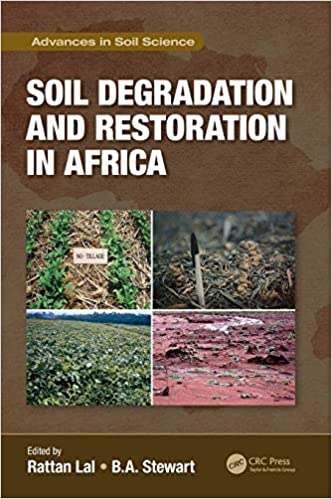




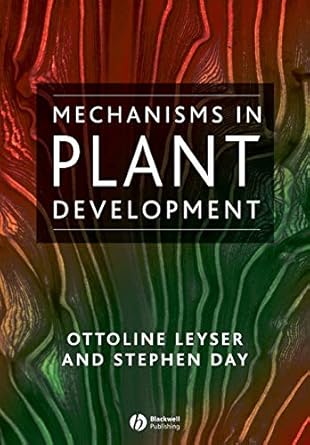
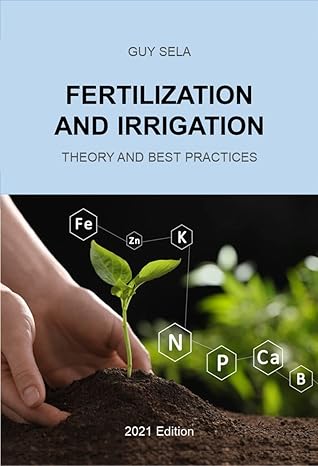
![[Soultion Manual] Statistics for Management and Economics (11th Edition) - Word [Soultion Manual] Statistics for Management and Economics (11th Edition) - Word](https://dl.libsan.ir/images/1/12/61JGRNKwfUL._SY466__66fd1fc169714.jpg)

